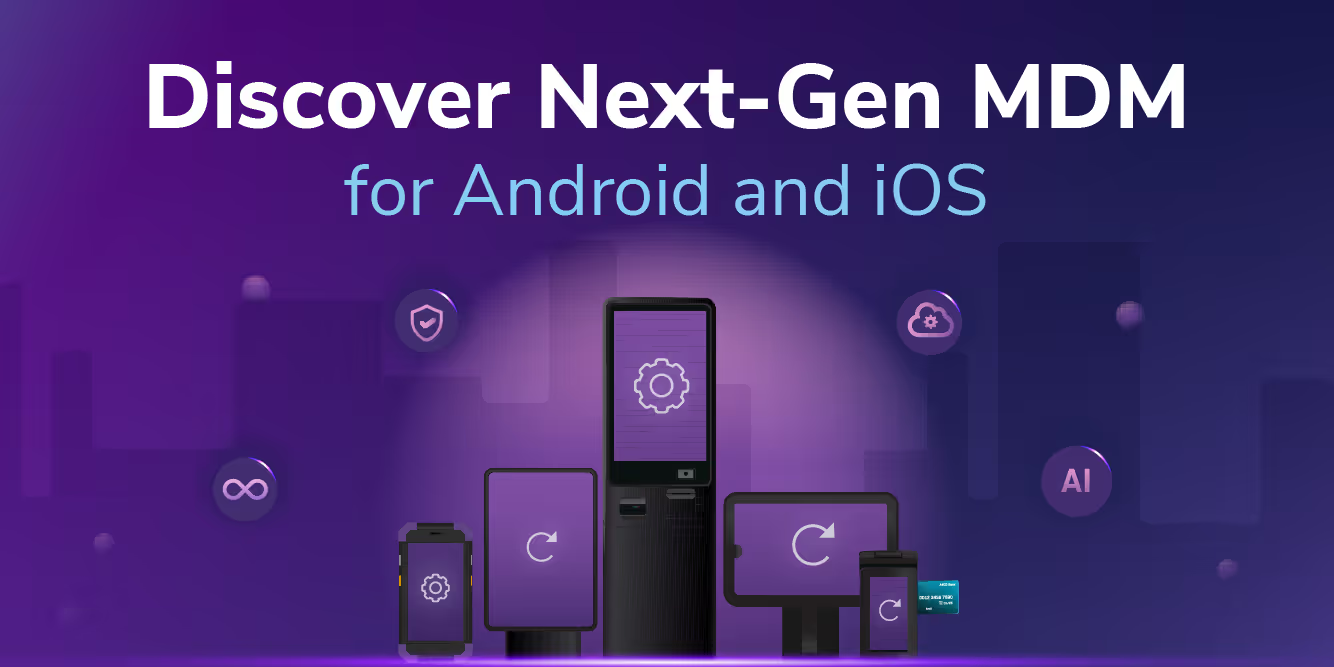On this week's episode, we pile in on Android's potential convergence play with traditional (and not-so-traditional) desktop and laptop computing. Can this operating system get to a "5-in-1" paradise? We're joined by Juan Carlos Bagnell, longtime commentator (AKA SomeGadgetGuy), and Braden Farmer, creator of the app Taskbar.
- 02:05 - How did the desktop-ification of Android start out?
- 08:52 - How did Microsoft's attempt with Continuum on Windows Mobile fare?
- 12:09 - What did Samsung and other OEMs do to pick up the baton? Do they have a sustainable interest in developing desktop continuity?
- 23:45 - How does a phone communicate with external devices in the context of continuation — both wired and wirelessly?
- 34:43 - Where do OEMs and consumers get incentives to foster, use, and make viable desktop mode for Android?
- 43:24 - What are the deep technical aspects that make Taskbar work?
- 47:34 - Is Android a good candidate for workflows that include freeform windows?
About the Podcast
Android Bytes (powered by Esper)
A weekly show that dives deep into the Android OS
Android Bytes (powered by Esper) is the podcast that dives deep into the engineering and business decisions behind the world’s most popular OS.
Android powers over 3 billion devices worldwide and is the platform of choice for over a thousand companies. You’ll find Android on smartphones, tablets, watches, TV, cars, kiosks, and so much more. How does Google architect Android to run on so many form factors, and how do companies fork AOSP to make it run on even more devices? These are the kinds of questions the Android Bytes podcast considers each week.
Join cohosts Mishaal Rahman and David Ruddock, two journalists with extensive knowledge covering the Android OS platform and ecosystem, as they speak to system architects, kernel engineers, app developers, and other distinguished experts in the Android space.
Get in touch with us at Esper if you’re looking to use Android device management for GMS or non-GMS devices — we have the experience you need.
FAQ
Keep Exploring














